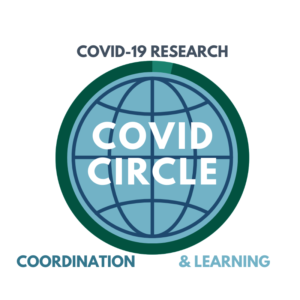UKCDR ran a series looking at racial inequality in international development research, and particularly the effects on Black, Indigenous and People of Colour (BIPOC) communities. The series includes a long-form article, which explores some of the ways in which racial inequality is perpetuated and efforts to decolonise research and mobilise global voices, as well as three invited blog pieces to bring the issues in question to life through the eyes of three African researchers currently working at different levels within the research pathway.
While these insights are far from exhaustive, UKCDR recognises that the journey towards race equity requires both considered discussion and commitment to change. The articles are therefore intended to share insights with the hope that it helps to foster open dialogue and encourages review and change of practices across the sector.
Read more >

